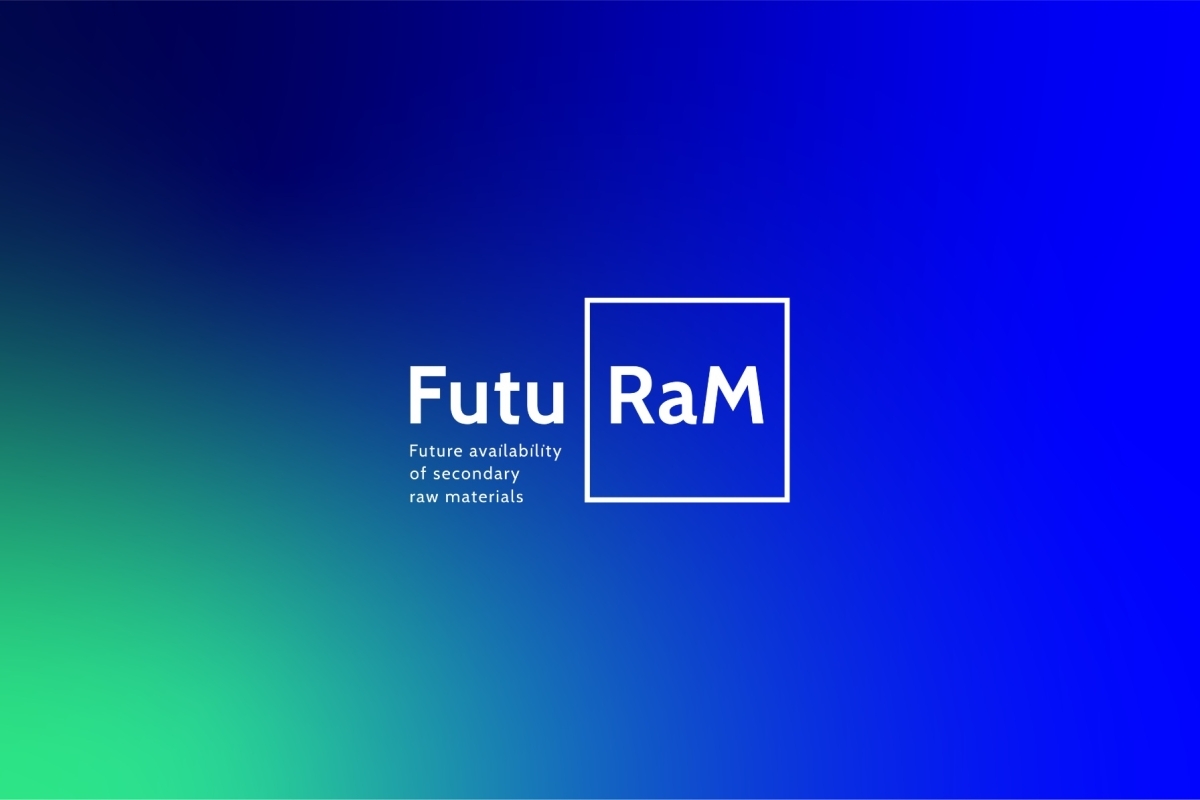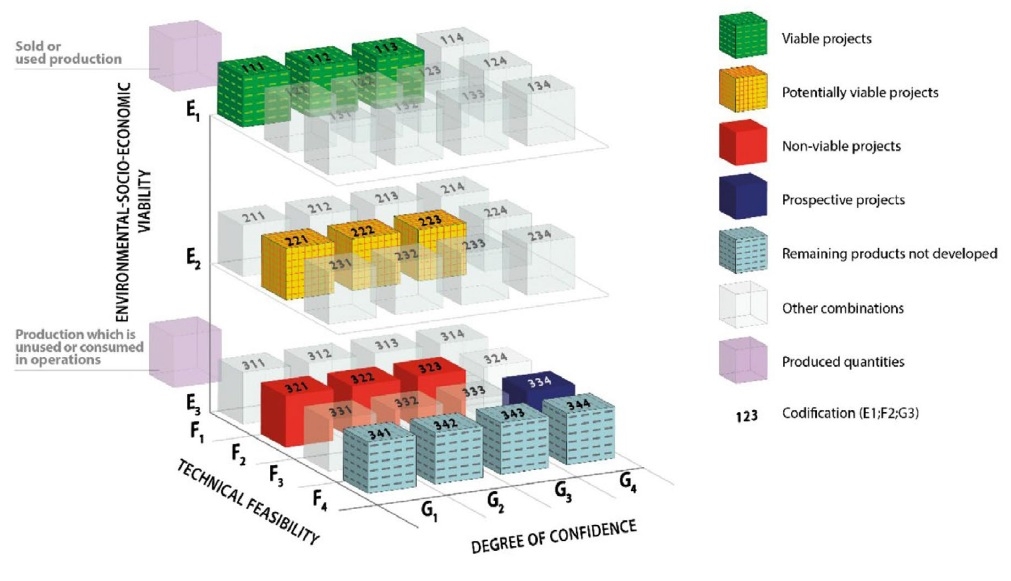FutuRaM project showcases groundbreaking applications of UNFC to drive critical raw material recovery in Europe
25.09.2025The FutuRaM project published a series of videos on selected case studies revealing the potential and challenges of securing a reliable supply of CRMs in Europe.
 The FutuRaM project is developing groundbreaking knowledge on the availability of critical raw materials in Europe’s waste streams with the aim of transforming them into valuable secondary resources. The project is focusing on six key waste streams – batteries, electronics, vehicles, slags and ashes, construction and demolition waste, and mining waste.
The FutuRaM project is developing groundbreaking knowledge on the availability of critical raw materials in Europe’s waste streams with the aim of transforming them into valuable secondary resources. The project is focusing on six key waste streams – batteries, electronics, vehicles, slags and ashes, construction and demolition waste, and mining waste.
A key element of this is developing facilities that can make this transformation from waste to resources and, at the heart of this, FutuRaM is testing a robust method for speeding up the creation of such facilities.
The United Nations Framework Classification for Resources (UNFC), originally developed for assessing primary raw material extraction projects, has been adapted in FutuRaM so that it can be applied to the reprocessing of waste materials. This structured methodology evaluates projects against six criteria: confidence in resource quantities, technological feasibility, and economic, social, environmental, and regulatory viability.
Driving Europe’s green and strategic autonomy goals
By offering a harmonised, evidence-based approach, the FutuRaM project is providing policymakers, industry, and stakeholders with the tools they need to strengthen CRM resilience. The insights generated will support investment decisions, policy development, and the alignment of industrial strategies with the EU’s green and circular economy objectives.
Ultimately, the success of FutuRaM will contribute to securing a reliable supply of CRMs – essential for clean technologies, digital infrastructure, and the transition to a climate-neutral Europe.
By applying the UNFC framework to 19 case studies, FutuRaM is providing a consistent, transparent approach to assessing recovery projects and identifying opportunities and barriers across Europe.
This project is funded by the European Union under the Horizon Europe Research and Innovation Programme. Project research and publications only reflect the views of the project.
Case studies reveal potential and challenges in a series of videos
Sustainable phosphorus recovery from sewage sludge – Research led by LMU examined thermochemical and wet-chemical processes for phosphorus recovery, stressing the importance of national coordination to overcome the fragmentation of data and infrastructure. UNFC tools ensured comparability and transparency between options.
Upcycling construction wood into mass timber products – UCL and UK CLT LLP explored producing high-value laminated timber from recovered wood. The UNFC classification confirmed strong market interest but flagged legal ambiguities and the absence of standards for secondary timber in the UK.
Boosting CRM recovery from e-waste – WEEECycling is installing a new facility in Normandy to increase recovery from small appliances and IT devices. Applying UNFC validated the project’s strategic direction and reinforced its credibility with both industrial and policy stakeholders.

